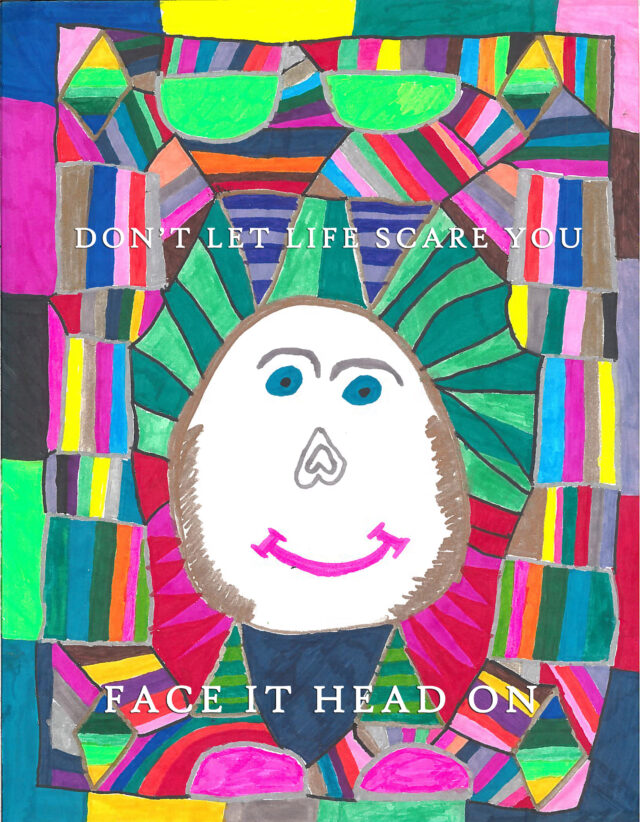Think about how you’ve made a big—or even pretty big—decision in your life, like renting an apartment or buying a house, buying a car, choosing a treatment for a medical problem, etc.
A whole new “science” of decision-making exists that tells us pretty much what we already know, though we probably haven’t ever bothered to name it.
There are recognizable steps to making virtually every decision:
- gathering information;
- understanding the information;
- generating alternatives;
- considering the consequence of making the decision—or not making it;
- weighing the alternatives and choosing among them;
- communicating the decision to a third party or parties;
- implementing the decision.
None of us makes decisions in a vacuum. You’ve probably used some kind of support for many of these steps, including using research tools like the web (or a friendly librarian!), talking to friends and/or family, and/or consulting experts (like an accountant or lawyer).
People with I/DD follow the same steps, and may also want or need support for some or all of them. For example, they may need help in gathering information about a proposed medical treatment and having that information explained to them in plain language; they may need help in identifying other possibilities or thinking about what might happen if they have the procedure, or don’t. Especially for people who do not communicate in traditional ways, they may need support in communicating their decision to the health care professional, and they may need support in implementing the decision—getting to the doctor’s office, providing the necessary documents for payment, making arrangements for post-treatment care.
These are not only the steps to making decisions but also the kinds of support a person with I/DD may want and may include in a Supported Decision-Making Agreement. When people with I/DD can identify and utilize the supports they need and want, they can make their own decisions just like everyone else.
When people with I/DD can identify and utilize the supports they need and want, they can make their own decisions just like everyone else.
–SDMNY staff in SDMNY: Evaluation Report of an Intentional Pilot
